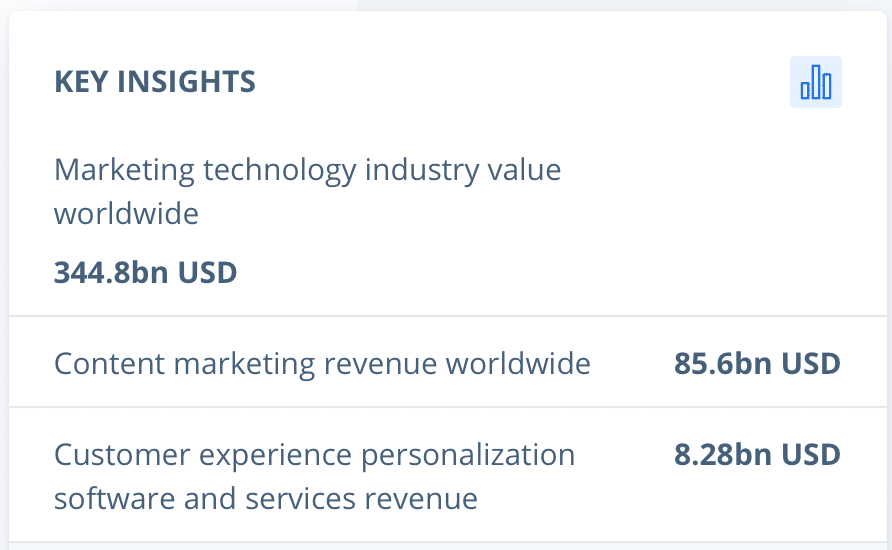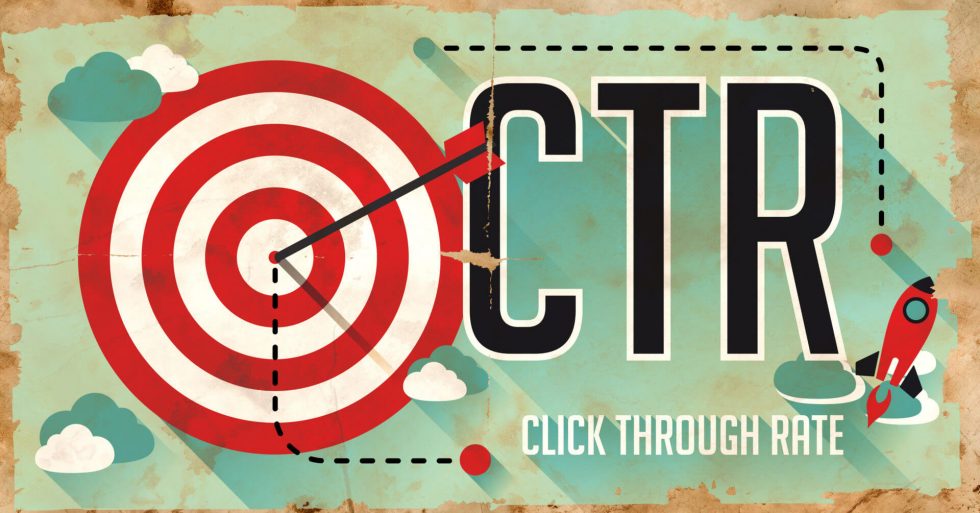Top marketing people now use marketing hyper-personalisation consistently across the spectrum, which has become one of the most indispensable strategies among B2B and B2C marketers worldwide. This one-to-one marketing approach uses real-time data and insights to deliver qualitative messages to consumers, thereby representing a drastic shift from the quantity-based marketing mindset of the past.

Gone are the days when all customers and prospects were lumped together into one homogeneous mass or even segments thereof, and due to the ever-increasing consumer demand for relevant and unique marketing content, the strive for personalisation will only accelerate in the future.
Later this year, for example, the global revenue of customers who experience hyper-personalisation is projected to surpass nine billion U.S. dollars. And while the share of marketing budgets devoted to personalisation can vary, many companies are already spending more than half of their budgets on personalisation efforts today.
Sadly, not all of it is being appropriately spent on the most lucrative revenue streams, as technology advances the marketing budget to get it adequately announced falls short. the most lucrative stream by far is hyper-personalisation software, the by-word for AI technology in ecommerce marketing, and within that, an even higher echelon is those applications which take the products – personally selected for each consumer, to them rather than wait for the consumer to come to you.
Put yourself in the shoes of an everyday consumer. your unique tastes, life experiences and values. Receiving an email with a myriad of products, each personally selected for you, that you perceive as all the products you are most likely to purchase next. Your instincts are immediately an affinity with the sender – retailer, a higher AOV, a hike in CLV and incredibly lower RoR. Little wonder then that your marketing ROI just went through the roof.
Ecommerce perspective: marketing personalisation is paramount
Marketers are implementing personalisation tactics and installing appropriate software into their marketing activities more vigorously than ever. After all, personalisation can help companies gain a competitive edge in today’s highly contested ecommerce space.
Roughly half of all surveyed B2C marketers from various global markets stated that they personalised experiences for customers often. Meanwhile, over 30 per cent indicated that they always did so as of early 2022.
How to measure the impact of personalisation, a fascinating insight – available here.
One way of ensuring a high degree of personalisation is by using artificial technology, and a recent survey showed that the personalisation of content was one of the main activities marketers assigned to AI. This is no surprise considering that AI can automatically implement consumer data into customised email messages ranging from newsletters to cart abandonment reminders. Despite these technological possibilities, only 35 per cent of surveyed business managers were satisfied with their overall level of omnichannel personalisation at the time of writing, highlighting that there is still ample room for growth and innovation or at least necessity for them to find it.
Consumers value marketing personalised online experiences
Consumers receive thousands of generic advertising messages each day that are not tailored to their needs or interests. This constant exposure to irrelevant marketing helps explain why shoppers nowadays appreciate and even expect personalised experiences when browsing the web.
Research showed that well-suited ad messages can make or break a brand’s image, and in 2022, over 60 per cent of surveyed online shoppers stated that brands delivering un-personalised content would lose their loyalty. How accurate that turned out to be. Consumers are willing to share their email addresses or other information with companies to receive the most relevant offers.
Despite all that, consumers also voice concerns about online data usage, driving Google and other tech giants to eliminate third-party cookie tracking from their browsers. Knowing that consumer data is vital to marketers’ decision-making processes, it will be interesting to see how companies achieve personalisation in a cookie-less digital space.





